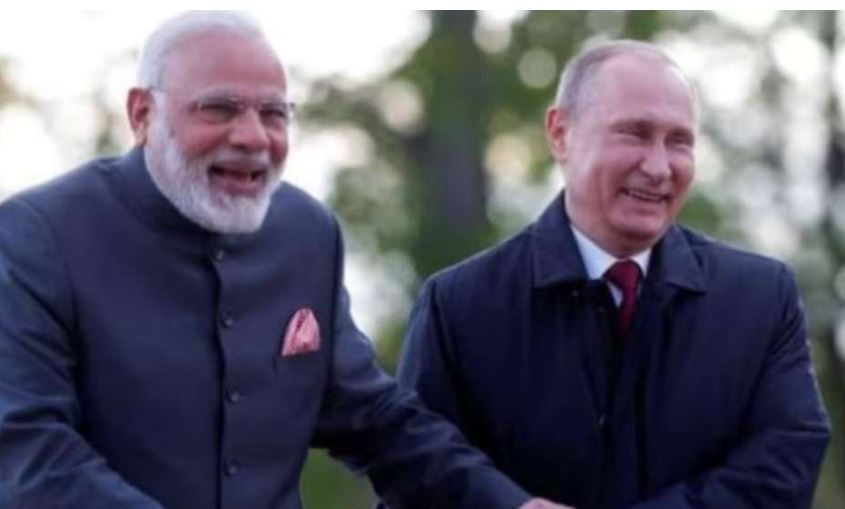Prime Minister Narendra Modi’s recent visit to Moscow for the 22nd India-Russia Annual Summit has sparked significant interest amidst the ongoing Ukraine conflict. This diplomatic engagement underscores the enduring nature of Indo-Russian relations, navigating geopolitical challenges and bilateral agendas that span decades.
Historical Context and Strategic Importance
Reaffirmation of Traditions
The annual India-Russia summits, a longstanding tradition since the Soviet era, hold strategic significance as they reinforce bilateral cooperation across various sectors. Modi’s decision to prioritize Moscow as his first bilateral visit outside the immediate neighborhood during his third tenure underscores the pivotal role Russia plays in India’s foreign policy calculus.
Diplomatic Maneuverings Amidst Crisis
The summit marks the first face-to-face meeting between Modi and President Vladimir Putin since the outbreak of the Ukraine conflict. Previously, interactions were limited to multilateral forums, highlighting the gravity of this bilateral engagement amidst global sanctions and geopolitical tensions.
Bilateral Agendas and Strategic Discussions
Key Focus Areas
Discussions during the summit encompassed critical bilateral issues ranging from trade diversification and energy partnerships to collaborative efforts in space exploration, particularly India’s ambitious Gaganyaan mission. Furthermore, amidst concerns over defense supplies, discussions aimed to address reliability issues and explore avenues for enhancing indigenous defense production under the “Make in India” initiative.
Impact of the Ukraine Crisis
Global Ramifications
India’s stance on the Ukraine conflict, articulated through engagements with both Western allies and regional partners, reflects its unique geopolitical positioning. While refusing to join multilateral condemnations, India maintains bilateral engagements with Russia across platforms like SCO, BRICS, and G-20, underscoring its commitment to dialogue and diplomacy amid global discord.
Strategic Messaging and Diplomatic Balance
Global Engagement
Modi’s presence at the G-7 summit in Italy and interactions with Ukrainian President Volodymyr Zelenskyy signify India’s proactive stance on global stability. Concurrently, his participation in the NATO summit in Washington and subsequent meetings underline India’s calibrated approach to geopolitical alignments, balancing strategic autonomy with international solidarity.
Conclusion
In conclusion, Prime Minister Modi’s visit to Moscow amid the Ukraine crisis epitomizes India’s nuanced foreign policy approach. Emphasizing dialogue and diplomacy, India navigates complex geopolitical terrains while reaffirming its longstanding partnership with Russia. As global dynamics evolve, India’s strategic engagements underscore its commitment to fostering stability and dialogue, essential for addressing contemporary global challenges.
Summary Table
| Key Learning Points |
|---|
| Enduring significance of India-Russia summits |
| Strategic priorities: trade, defense, and space cooperation |
| India’s geopolitical stance amidst the Ukraine crisis |
| Modi’s diplomatic engagements and global messaging |

Sunil Garnayak is an expert in Indian news with extensive knowledge of the nation’s political, social, and economic landscape and international relations. With years of experience in journalism, Sunil delivers in-depth analysis and accurate reporting that keeps readers informed about the latest developments in India. His commitment to factual accuracy and nuanced storytelling ensures that his articles provide valuable insights into the country’s most pressing issues.



